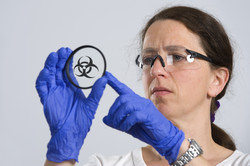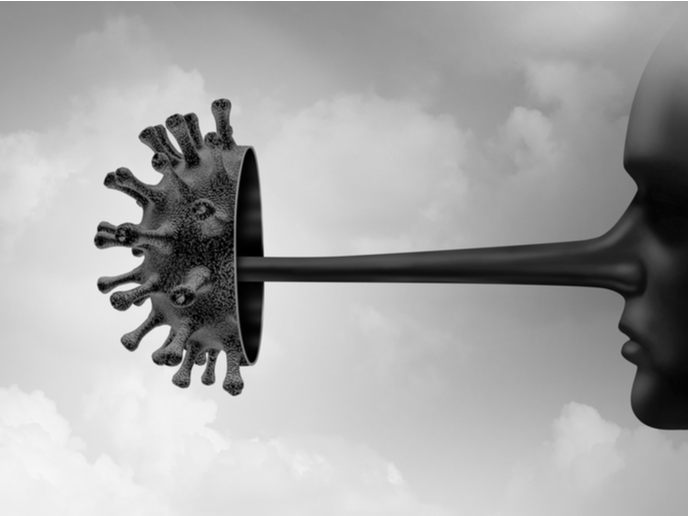Counteracting bioterrorism
The biotoxins produced by C. botulinum cause paralysis of muscles and can ultimately lead to death by asphyxiation. Botulinum neurotoxins (BoNTs) can be neutralised with an antitoxin that blocks the action of the toxins circulating in the blood. Currently, a poorly tolerated horse antitoxin is used and producers are reluctant to continue making this antitoxin due to small demand. The ANTIBOTABE(opens in new window) (Neutralizing antibodies against botulinum toxins A,B,E) project has developed a cocktail of human-like antibodies against the serotypes responsible for human botulism – A, B and E. Indeed, serotype A is the most potent toxin known to humans and carries a category A (highest) agent rating according to the United States Center for Disease Control and Prevention. The ANTIBOTABE consortium is planning the clinical and regulatory development of this mix of antibodies. During an outbreak of botulism in Thailand in 2006 when 134 people were hospitalised, antitoxin was obtained for only 90 patients. This situation outlines the need for effective combinations of drugs for the emergency treatment of botulism, both in a civilian and an army environment during bioterrorism and natural infections. Immunising macaques with the heavy and light chains of BoNT/A, B or E produced a mixture of four antibodies against heavy and light chains of A and B and one active against light chain E. The team then produced them as germline-humanised immunoglobulins, type G (IgGs). Showing a strong synergistic effect, these five IgGs were protective in lethal and non-lethal in vivo assays in mice. ANTIBOTABE has produced super-humanised antibodies that are free from side effects associated with currently used equine products. Another important factor is that the consortium has a key opinion leader on botulism and a pharma industry capable of producing a marketable product. Moreover, its production cost is lower and the shelf life is higher than currently available products.







